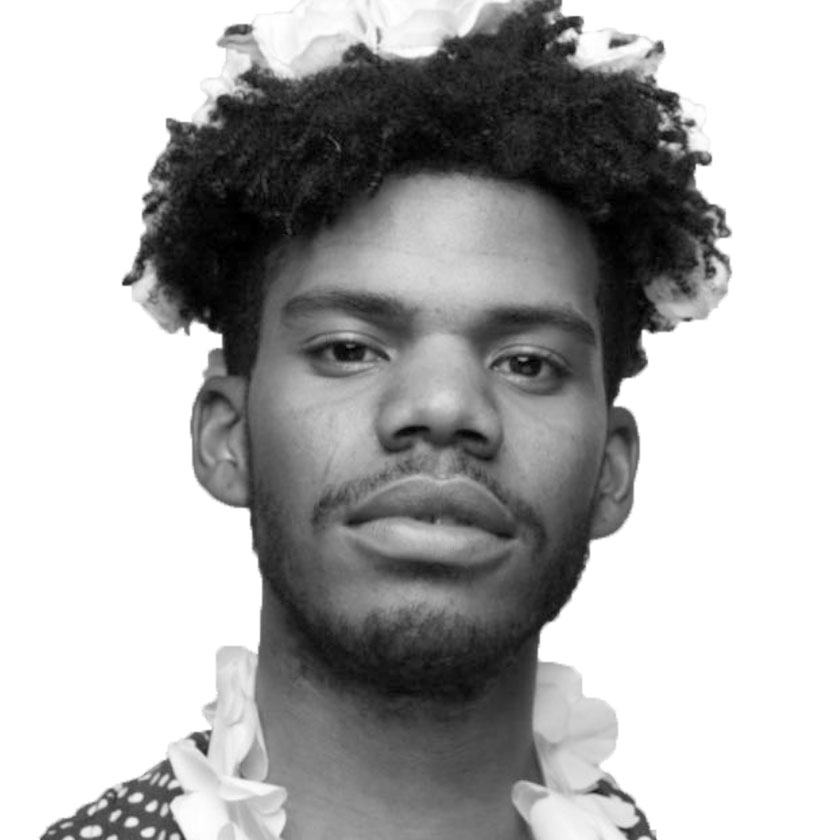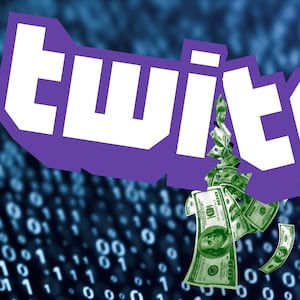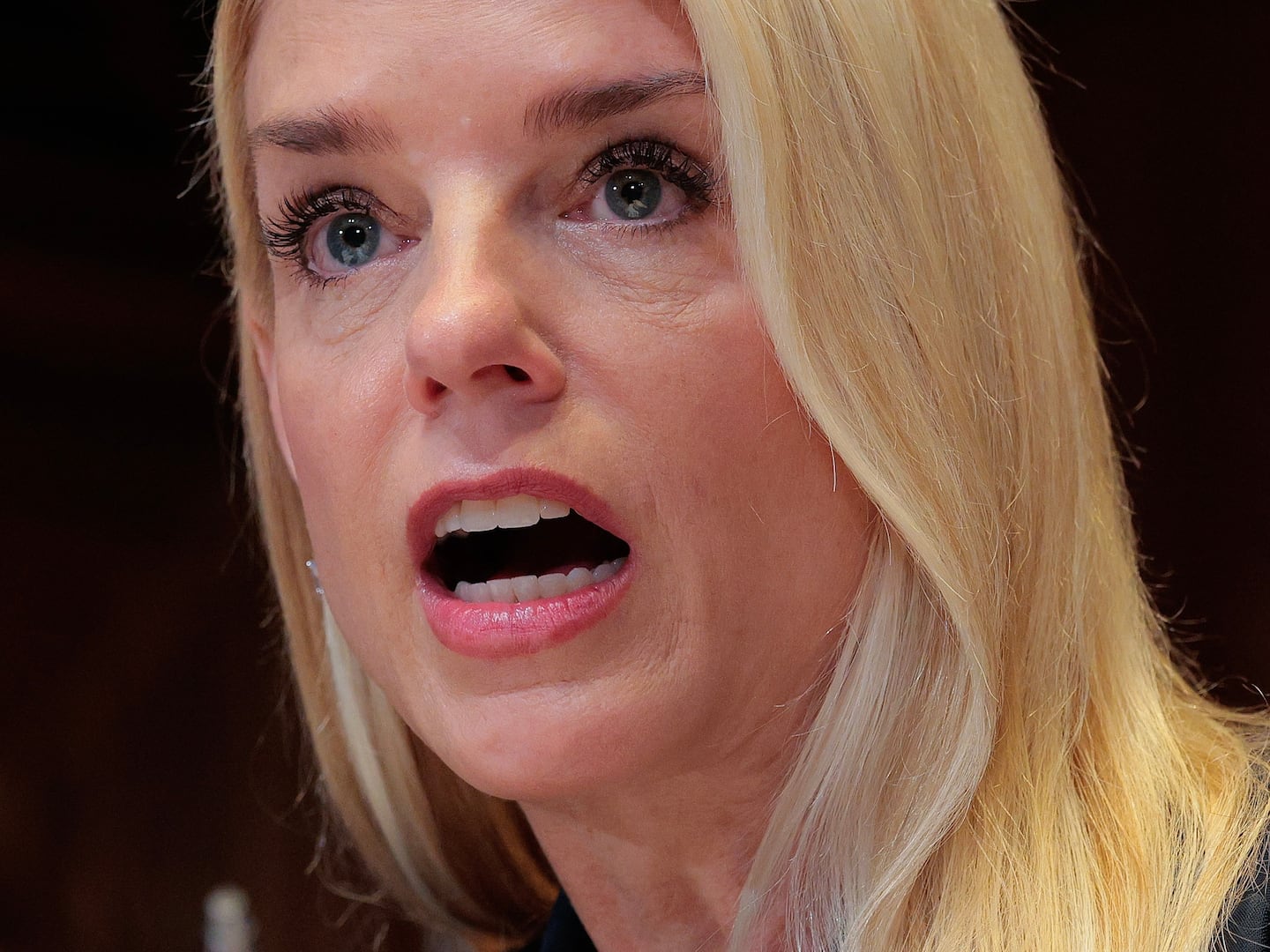Netflix is taking on the gaming industry. On a recent earnings call, Netflix updated stockholders that they’d begun testing downloadable mobile games like Stranger Things 3 in select countries and markets, but “it remains very early days for this initiative.” They also revealed that Night School Studio, a critically acclaimed game developer acquired by the streamer in late September, has kept up production on the sequel to Oxenfree. “Our plan for OXENFREE II remain as planned,” a spokesperson told The Daily Beast. “Day to day our studio remains focused on creating great games and maintaining our studio culture.”
The purchase of Night School, and the continued development of the Oxenfree franchise, is a seismic move for Netflix, which now controls a studio that is well-suited to create games featuring beloved characters with deep, emotionally resonant arcs. Night School doesn’t make what indie developer Cardboard Computer’s Jake Elliot calls, “stickier games.”
“Maybe they’re signaling that they are interested in story and dialogue,” Elliot tells The Daily Beast. “So far they’ve rolled out casual games to start; that’s not what Night School does.”
Kicking things off with Candy Crush could’ve been a cold but lucrative path to gaming riches, but perhaps the streaming giant’s opting for a more considered approach. After all, Netflix doesn’t yet have the tools to develop a game at scale. They have experimented, however, with interactive film experiences like Black Mirror: Bandersnatch and other user-input stories largely targeting kids. “I watched one of their dev talks about the tool they built for Bandersnatch,” Elliot says, suggesting that the tool could be used not just for gaming, “not just for a choose-your-own adventure, but to make nonlinear film.” Gaming, according to Elliot, offers the company even more fluidity when it comes to “content production.”
That kind of hybridization is Netflix’s bread and butter. This is, after all, the company that destroyed our notion of there being any distinctive line between a movie, a miniseries, and a television show. What’s happening within gaming, however, is part of a much longer process of the medium entering the mainest of mainstreams. “Lots of games have plenty of hours of video content within them already,” researcher and University of Oxford Professor Jamie Woodcock explains. “The cut scene being the classic example. But also the rise of people watching other people play games is a kind of hybridization of it. It’s the growth of video games entering that more traditional space rather than the other way around, if that makes sense. I think of it like the maturing of video games as a commodity.”
Netflix, then, is seeking to answer the question: Can we commodify video games with the same level of seamlessness that we’ve commodified TV shows and movies?
As for how Netflix will achieve this remains to be seen. If its handling of film and television projects it distributes is any indication, however, this can go one of three ways: similar to their Hollywood deals, a Steam-like marketplace, or the Spotify subscription model. Netflix doesn’t release info on its deals, and we’ve received no response from Night School despite numerous inquiries, but Elliot would not be pleased if it went the Spotify route. “That model is fundamentally hostile to the kinds of games that I make,” he argues. “I really don’t want to make sticky games. I’m not gonna make something with microtransactions like Fortnite with that kind of replay value that would do well on Google Play Pass, that’s like a Spotify subscription model. I don’t feel like Spotify works well for anybody.”
“If it works like the lump sum, instead of pay-per-stream, then I think that could potentially be really good for developers,” he continues. “It enables different kinds of risks to be taken. If you want to make a game that only relies on people to play it, it constrains your design options and there are certain experiences that wouldn’t be successful, like working on short form stuff. With the lump-sum structure, Netflix can take risks on games that are short, slow, not sticky. Hopefully a game like Kentucky Route Zero.”
With over 213 million subscribers and climbing, Netflix could launch an in-app marketplace, à la Steam. Valve, which distributes Steam, has been valued at between $10-12 billion and if Netflix were to launch its own version of Steam, it would hold a ton of power just in determining which games and developers would receive prime real estate on its homepage. “It’s such an exploitative industry because of the way power is concentrated,” Elliot declares.
But it’s still a big risk for Netflix to get into gaming, no matter the strategy. Tech titans like Amazon and Google have tried their hand at developing games and mostly come up with duds. And Amazon has largely circumvented the game-development route, instead adopting streaming as a more viable alternative with their purchase of Twitch in 2019. “To some extent, Amazon’s relationship with Twitch has been illustrative of the challenges that other companies have in entering games,” says Professor Woodcock. “I did some research with Twitch, interviewing streamers a few years ago around the time Amazon bought Twitch. I remember speaking to streamers and fans and a lot of people were really against Amazon buying Twitch, thinking, ‘This is not a game company, this is a corporation, they’re gonna ruin content creation.’”
Twitch’s recent massive data leak, exposing its glaring racial pay gap, included a personal middle finger to Jeff Bezos and Amazon—a reflection of gaming culture’s inherently anti-authority stance. “Amazon has taken a hands-off approach with Twitch which means if there are scandals they don’t splash onto Amazon in quite the same way,” Professor Woodcock adds. “Amazon has its own scandals, of course, but you don’t look at the toxic communities on Twitch and think, ‘This is Amazon’s fault.’ It’s a relatively clever play and it’s allowed Amazon to test the waters. The fact that the Twitch leak included their rival platform to Steam [Vaporwave] being discussed was kind of interesting. There’s been a broader reckoning across the video game industry recently. There is a more vocal layer of workers that are standing up to management.”
Netflix has felt a similar level of heat in recent weeks. After Dave Chappelle’s transphobic diatribes in his latest special The Closer, Netflix employees conducted a walkout protest on Oct. 20. Management responded in ham-handed fashion, wrongfully suspending a trans employee for speaking out about it and trotting out co-CEO Ted Sarandos to actually claim, “While some employees disagree, we have a strong belief that content on screen doesn’t directly translate to real-world harm.” Trying their hand at gaming could open Netflix up to the gaming community’s chosen brand of resistance: hacking. And there already exists a great deal of animosity among gamers and developers who aren’t too happy about big companies acquiring indie developers. “Buyouts of smaller [game] companies by bigger companies is a point of friction,” offers Professor Woodcock. “People feel like they’re losing control; that things are going to change. It’s not as simple as buying a video game company. A lot of people want to work for indies, not the Amazons and Netflixes of the world. I think there are reasons that other companies should be worried about what’s happening at Netflix, and also the industry as a whole.”
Also game developers, Professor Woodcock reminds us, differ from artists who have other income streams like touring or selling merchandise: “If you make a game, you make money from that game.” So, how will games from other developers be monetized and what impact will that strategy have on the actual design of major games? “We now have all these different platforms offering slightly different services but it’s narrowing down what’s profitable or viable for companies to make. You see this with the massive push to make everything a battle royale. And ironically, you have Netflix purchasing a South Korean battle royale that becomes hugely successful. All the hype around Squid Game is a strange moment of things coming back around. I keep seeing stuff online to buy a special Squid Game costume in battle royale games and you just think, how has this come full circle? TV copying games and games copying TV in that same way? What we’re seeing in the games industry is a centralization of capital around Microsoft and to some extent Amazon but also Tencent and other Chinese companies. What it could mean for indie games is that you’re only viable if one of these big companies sees the work you’re doing is profitable and potentially buys you.”
The ways that Netflix has handled its latest PR crisis doesn’t leave much hope when it comes to fostering relationships with gamers. And it is a very different relationship than what one has with viewers. Games are interactive, requiring user input no matter how cinematic one makes it. There are choices that gamers make to push stories forward, solve puzzles, and create tension. But with that power there has always existed an undercurrent of resistance, and part of the hope amid a potential Netflix gaming takeover is that there will always be alternatives. “Patreon and a new one called Comradery which is like Patreon but structured more like a co-op, are appealing to me. I like the idea of Patreon because it’s more process-oriented than product,” Elliot says.
And there will always be developers looking to push back against the constraints of modern game-making. It’s that push that has kept smaller developers going in the face of capitalist commodification. “I’m always a bit cautious of saying things like, video game production under capitalism is all bad,” reasons Dr. Woodcock. It relies on unequal relationships with imperialism. But there’s always space for people to create subversive games alongside the other stuff. So maybe we get more games like that. And if that happens, we all win.”








